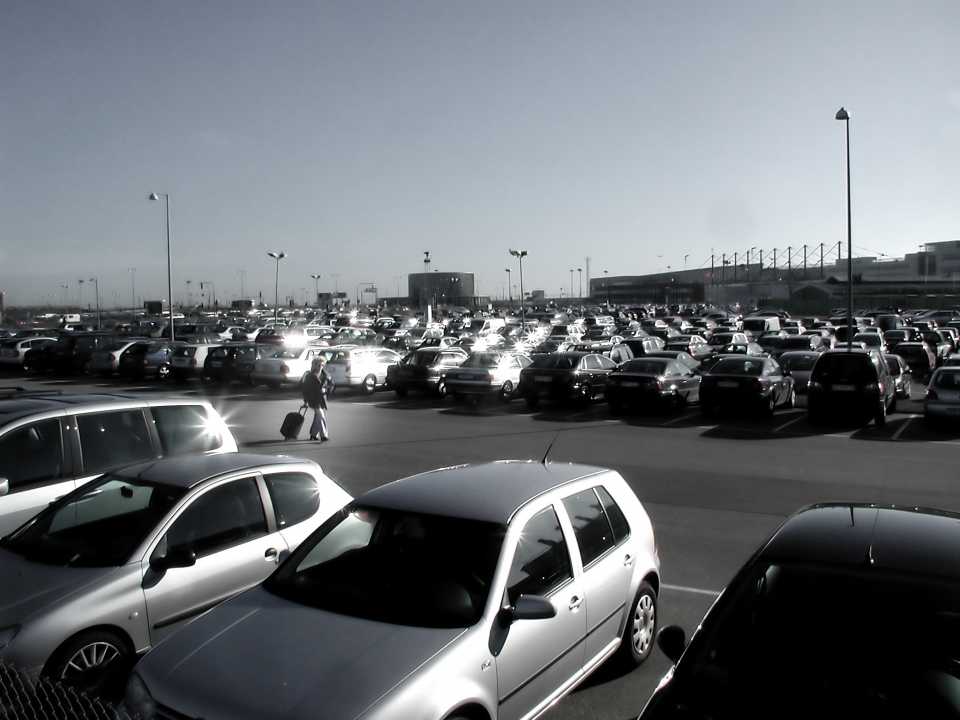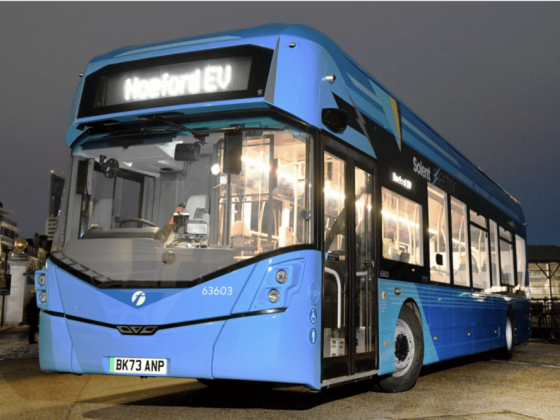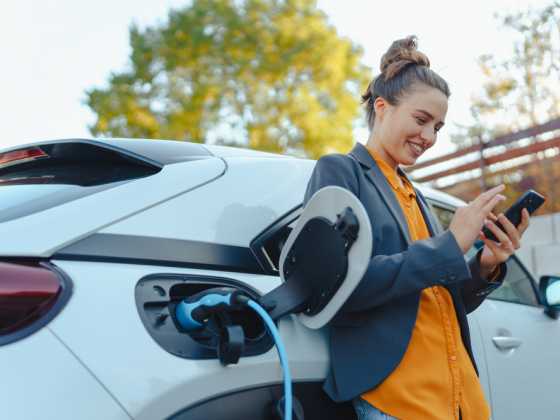Leased vehicles cleaner than private cars, BVRLA survey finds

Lease cars have lower CO2 emissions than the average private car, according to the latest data from the BVRLA.
The BVRLA Quarterly Leasing Survey for Q2 2018 shows that average emissions for its members’ newly registered vehicles dropped nearly 1g/km to 112.0g/km, compared to the same period in 2017. This is in contrast to the national average for all newly registered cars, which increased for the fifth consecutive quarter to 123.6g/km.
The latest survey shows that diesel’s share of new lease car registrations dropped below 50% for the first time in Q2 2018. At 49% diesel registrations were nearly 19% down on the same period of 2017. Petrol appears to be the predominant substitution with new lease car registrations rising to 39.3% this quarter.
Average emissions for leased vans continued to fall in Q2 to 167.2g/km, down from 169.7g/km in the previous quarter. Figures for newly registered vans increased to 161.5g/km, up from 160.7g/km during the same period last year.
The traditional contract hire and finance lease sector now stands at around 917,000 units, down 6.3% year-on-year. In contrast, the personal contract hire fleet continued to grow, increasing by 12% in Q2 2018 compared to the same period of 2017.
Confidence in margins reduced by 33% to the lowest level in the last five years. Members cited uncertainty over Brexit, changes in regulation such as WLTP, BIK and lack of visibility of levels beyond 2022 as the main reasons.
Commenting on the results, BVRLA Chief Executive Gerry Keaney said “BVRLA members are gearing up to provide lower emission vehicle options at precisely the moment they will be needed most. The implementation of the new Clean Air Zones, the London Ultra-Low Emission Zone and the Government’s strategy towards low-emission vehicles will only reinforce the demand from drivers and businesses to pick greener vehicles in the future.
"The sales of greener vehicles could be accelerated further if the Chancellor were to put in place a tax regime in this year’s budget tackling concerns around WLTP and BIK head on so that industry’s ability to provide low emission vehicle options is matched by the ability of motorists and fleet managers to affordably choose them.”



